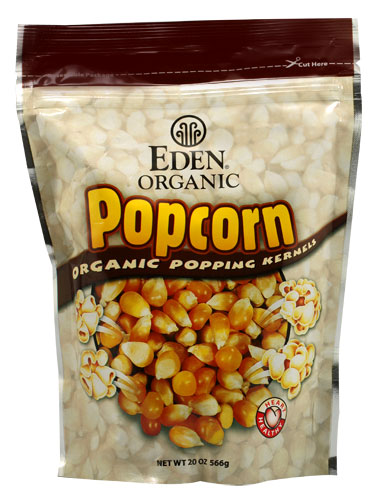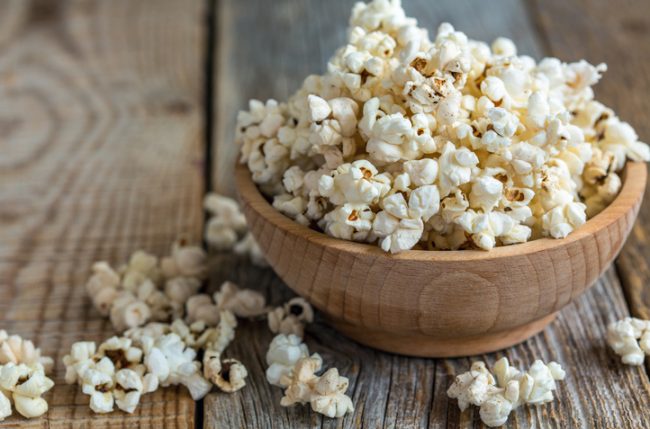Sometimes, it seems like anything that tastes good is potentially bad for your body. Many of our favorite treats – from chocolate bars to ice cream and potato chips – can harm our health.
However, popcorn is a glorious exception to the rule. This fun food can be good for you. Here are five potential health benefits of eating popcorn:
It can help you lose weight
In its natural state, popcorn can be a great snack if you want to shed a few pounds, and keep them off.
“Popcorn is naturally low in fat and calories,” says Caroline West Passerrello, a registered dietitian nutritionist and spokesperson for the Academy of Nutrition and Dietetics.
For example, 3 cups of air-popped popcorn total just 110 calories and 1 gram of fat, Passerrello says.
However, you can undo much of popcorn’s positive impact by adding decadent extras, including butter and oil. So, try to keep it simple.
“Don’t be intimidated to try an air or stovetop popper,” Passerrello says. “Popcorn doesn’t just have to come from movie theaters or boxed packets.”
It can keep your blood sugar in check
Many snacks can cause a sharp rise in your levels of blood glucose, also known as blood sugar. A food's glycemic index indicates how much your blood sugar will rise after you consume the food.
Popcorn scores decently in this category, especially in comparison to other snacks. Air-popped popcorn has a glycemic index score of 55. That puts it near the upper end of low-GI foods, the U.S. Department of Agriculture says.
By contrast, many other snacks have higher scores. According to Harvard Medical School, GI scores for the following foods are:
- Fruit Roll-Ups: 99
- Oven-baked pretzels: 83
- Vanilla wafers: 77
A low-GI reading is desirable because foods with a lower score improve both glucose and lipid levels for people with diabetes.
In addition, foods with lower glycemic index readings are more slowly absorbed in the body, which helps dampen appetite and delays the sensation of hunger -- a double benefit that aids weight loss efforts.
It’s a whole grain
Popcorn is a whole grain. This means each kernel contains the bran, germ and endosperm.
By contrast, a refining process removes the bran and germ from many of the grains we consume, including most types of bread. This removal results in a loss of one-quarter of a grain’s protein, and at least 17 key nutrients also are reduced, according to the Whole Grains Council.
So, eating popcorn can boost our intake of whole grains. “At least half of our grains each day should be whole grains,” Passerrello says.
A single serving of popcorn has about 70 percent of the recommended daily intake of whole grain, according to the USDA.
It’s full of vitamins and minerals
Surprisingly, that little kernel of popcorn contains a wealth of hidden nutrition. For example, popcorn contains about 8 percent of your daily value of iron, according to the USDA.
Other minerals found in popcorn include:
- Calcium
- Copper
- Magnesium
- Manganese
- Phosphorus
- Potassium
- Zinc
Popcorn also contains many vitamins, including:
- Vitamins B6, A, E and K
- Folate
- Niacin
- Riboflavin
- Thiamin
- Pantothenic acid
It may prevent disease, and boost your eyesight
Eating popcorn has been linked to a lower risk of cancer and heart disease, according to the USDA. That’s because the hull contains polyphenols with antioxidant and anti-inflammatory properties.
Popcorn hulls also contain beta-carotene, lutein and zeaxanthin, all of which can boost the health of your eyes.
But don’t consume endless bowls of popcorn in hopes of achieving 20/20 vision. Just remember that as with any food, popcorn should be eaten in moderation.
“It can easily become a food that we eat mindlessly,” Passerrello says. “And (that) can be too much of a good thing.”




